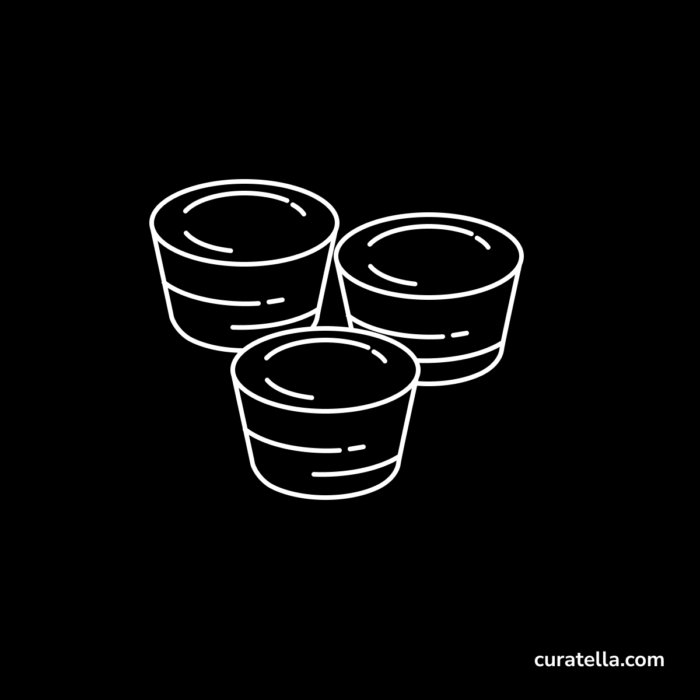I’ve met online Jake Fee, educator, researcher, who delivered an online session about Experiential Learning with active, hands-on learning methods and reflective techniques.
The essence of Experiential Learning is about transforming experience into learning. Jake introduced John’Dewey’s Pattern of Inquiry and some areas of application:
- Project-Based Learning
- Service Learning
- Place-Centered Learning
- Adventure Learning.
Patterns of Inquiry in four steps
Jake guided us through a mental experiment. I like one of the quotes he mentioned:
“An experience is valuable only if it leads to another experience.”
From my memory of what Jake attributed to John Dewey.
To which I add some others I’ve found:
“To maintain the state of doubt and to carry on systematic and protracted inquiry — these are the essentials of thinking.”
How We Think: John Dewey on the Art of Reflection and Fruitful Curiosity in an Age of Instant Opinions and Information Overload
He then exposed the four steps of Patterns of Inquiry.
1. Experience
Choose the experience you want to reflect upon.
Example: “Choose the best, most interesting pastry you’ve ever had.”
2. Reflection
“Break down the experience” from an inedible raw experience to extracting its nutrients.
Think about taste, textures, sounds, environment, all the sensual experience.
Draw it. Or write about it.
Reflect is the fermentation process (in the metaphor of baking he used)
By reflecting, the experience unfolds. Anything can be unfolded. Otherwise, it remains raw.
3. Analysis
Start mixing.
Compare with others’ experiences.
Compare with your other experiences.
In the flour analogy, you’re starting to add eggs and sugar.
What was uniquely good? Uniquely special? What was experienced for the first time?
4. Onward!
Baking. Tell stories about these experiences.
Share. Publishing
Places for experiential education
1. Place-Based Learning
At home. or in special places.
“Oven in Costarica”. Centered around a place. It can be powerful.
2. Service Learning
Helping someone or volunteering.
Donating time, objects, work.
3. Project-Based Learning
It’s about a product. A museum exhibit. A piece of art. There is an artifact of learning.
4. Adventure Learning
Out in the woods with kids or adults.
You need to reflect or come up with stories.
Out of comfort zone.
Participants bond and reflect.
The fermentation starts
It was nice and sweet. I’ve learned some key concepts from one of the most influential educators of our times. I’ve also spent some time in conversations with Jake and the other participants to explore the Patterns of Inquiry application to my PKM Systems and my blogging practice.
I had fun and stimuli. It was an excellent learning event.
Thank you, Jake and Hyperlink Academy.

Leave a Reply